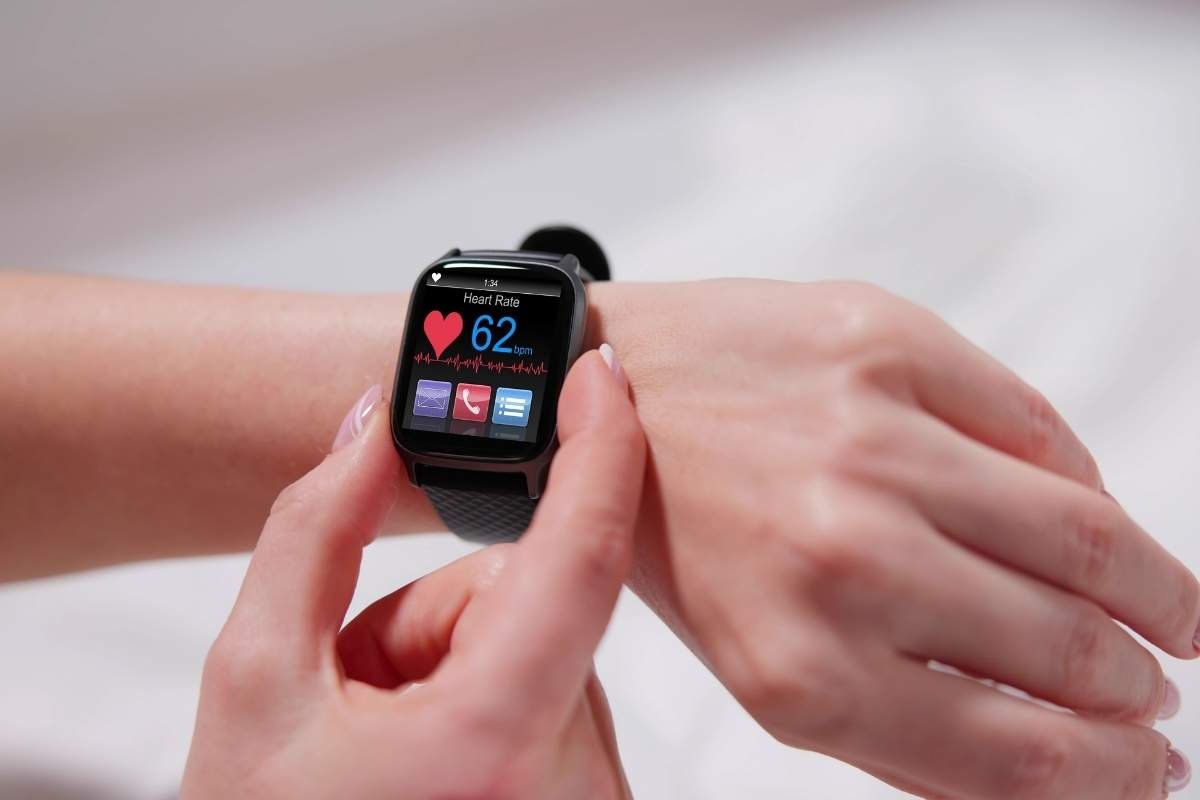Chronic diseases are long-term health conditions that require ongoing medical attention and can significantly impact daily life. In India, the prevalence of chronic diseases such as diabetes, hypertension, and cardiovascular diseases is on the rise, posing a serious public health challenge. Chronic disease management is crucial in addressing these issues, ensuring better health outcomes, and improving the quality of life for individuals affected by these conditions. This article will explore the importance of long-lasting disease management, strategies to manage these diseases effectively, and the role of healthcare professionals in this process.
Understanding Chronic Diseases in India
Chronic diseases are defined as conditions that last for a year or more and require ongoing medical attention. In India, the increasing urbanization, lifestyle changes, and dietary habits contribute to the rising rates of chronic diseases. According to the World Health Organization (WHO), non-communicable diseases (NCDs) account for approximately 62% of all deaths in India. These diseases often lead to severe complications, decreased quality of life, and increased healthcare costs, making effective chronic disease management essential.
The Importance of Chronic Disease Management

Chronic disease management focuses on improving patient outcomes, reducing hospitalizations, and enhancing the overall quality of life for individuals suffering from these diseases. Here are several reasons why effective long-lasting disease management is critical:
- Improved Health Outcomes: Proper management of chronic diseases can lead to better control of symptoms and complications, reducing the risk of severe health events.
- Cost-Effective Care: Chronic disease management can help minimize healthcare costs by preventing hospitalizations and emergency care, which can be financially burdensome for patients and the healthcare system.
- Enhanced Quality of Life: By managing symptoms effectively, individuals can maintain their daily activities, work, and social interactions, significantly improving their quality of life.
- Empowered Patients: long-lasting disease management encourages individuals to take an active role in their health, fostering self-management skills and promoting healthier lifestyle choices.
Strategies for Effective Chronic Disease Management
To manage chronic diseases effectively, a comprehensive approach is required that includes lifestyle modifications, medication adherence, regular monitoring, and support from healthcare professionals. Here are some key strategies:
1. Lifestyle Modifications
Lifestyle changes play a significant role in chronic disease management. For individuals suffering from conditions like diabetes or hypertension, adopting healthier habits can lead to improved health outcomes. Key lifestyle modifications include:
- Healthy Eating: A balanced diet rich in fruits, vegetables, whole grains, and lean proteins can help manage weight and control blood sugar levels. In India, traditional diets can be adapted to include healthier options while retaining cultural preferences.
- Regular Exercise: Physical activity is essential for managing chronic diseases. Engaging in at least 150 minutes of moderate-intensity exercise each week can help improve cardiovascular health and maintain a healthy weight.
- Stress Management: Chronic stress can exacerbate health issues. Techniques such as yoga, meditation, and mindfulness can be effective in managing stress levels.
2. Medication Adherence

Adhering to prescribed medications is vital for effective long-lasting disease management. Patients must understand their treatment plans and the importance of taking medications as directed. Here are some tips to ensure medication adherence:
- Create a Medication Schedule: Keeping track of when to take medications can help prevent missed doses.
- Use Pill Organizers: Pill organizers can help manage complex medication regimens, ensuring that patients take the right medication at the right time.
- Educate Patients: Healthcare providers should educate patients about the purpose of their medications, potential side effects, and the importance of adherence.
3. Regular Monitoring and Follow-Up
Regular monitoring is essential for managing chronic diseases effectively. Patients should have routine check-ups and screenings to track their health status. Key components of monitoring include:
- Blood Sugar Monitoring: For individuals with diabetes, regular blood sugar checks are crucial for managing the condition effectively.
- Blood Pressure Checks: Monitoring blood pressure is vital for those with hypertension. Regular checks can help assess the effectiveness of treatment plans.
- Regular Health Assessments: Healthcare providers should conduct regular assessments to monitor disease progression and adjust treatment plans as necessary.
4. Support from Healthcare Professionals
A multidisciplinary approach to chronic disease management can enhance patient outcomes. Healthcare professionals, including doctors, nurses, dietitians, and psychologists, play a crucial role in providing support and guidance. Key aspects of their involvement include:
- Patient Education: Healthcare professionals should educate patients about their conditions, treatment options, and the importance of self-management.
- Support Groups: Joining support groups can help patients connect with others facing similar challenges, providing emotional support and sharing coping strategies.
- Telemedicine: With the rise of telemedicine, patients can access healthcare professionals remotely, ensuring they receive timely care and support without the need for travel.
The Role of Technology in Chronic Disease Management

Technology is revolutionizing chronic disease management in India. Mobile health (mHealth) applications, wearable devices, and telehealth services offer new opportunities for patients and healthcare providers. Here are some ways technology is enhancing long-lasting disease management:
- Mobile Health Applications: Various apps can help patients track their medications, monitor symptoms, and access educational resources.
- Wearable Devices: Devices that track physical activity, heart rate, and blood pressure can provide valuable data for both patients and healthcare providers.
- Telehealth Services: Telehealth enables patients to consult healthcare professionals remotely, increasing access to care, especially in rural areas.
Conclusion
Chronic disease management is essential in addressing the growing burden of chronic diseases in India. By focusing on lifestyle modifications, medication adherence, regular monitoring, and support from healthcare professionals, individuals can effectively manage their conditions and improve their quality of life. As technology continues to evolve, it will play an increasingly important role in supporting long-lasting disease management efforts, making it easier for patients to take control of their health. Ultimately, a comprehensive and proactive approach to chronic disease management is vital for fostering a healthier future for individuals and the community as a whole.
In summary, effective chronic disease management is not just about treating the symptoms but empowering individuals to lead healthier lives and mitigate the impact of chronic diseases.
Did you find this article helpful? Visit more of our blogs! Business Viewpoint Magazine








